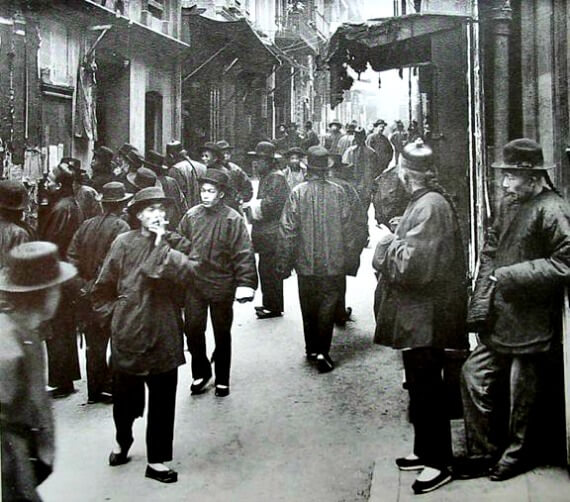Summary | Excerpt | Reading Guide | Reviews | Beyond the book | Read-Alikes | Genres & Themes | Author Bio

Nancy Au's debut collection is rich with scents, sounds, imaginative leaps, and unexpected angles of vision.
These seventeen stories present the challenges facing characters whose inner and outer lives often do not align, whose spirits attempt flight despite dashed hopes and lean circumstances. Marginalized by race, age, and sexuality, they endeavor to create new worlds that honor their identities and their Chinese heritage.
Au excels at inhabiting the minds and hearts of children and the elderly. In the title story, Sophie Chu dresses daily in her increasingly shabby elephant costume to ensure her missing parents recognize her upon their return. In "The Unfed," a village elder seeks to revive, with her dimming magic, a mountain community struck by tragedy. "Louise" follows, with deceptive hilarity (involving a one-eyed duck), the nuanced give and take between May Zhou and Lai, dissimilar yet passionate partners considering parenthood. The volume also offers sparkling speculative work that taps into the strength of nature—fox spirits and fire beetles, swollen rivers and rippling clouds—to showcase the sometimes surreal transformations of Au's protagonists.
Spider Love Song and Other Stories treads the fault line that forms between lovers, families, friends, cultures—exposing injuries and vulnerabilities, but also the strength and courage necessary to recast resentment and anger into wonder and power. Au's lyrical style, humor, and tender attention to her characters' fancies and failings make this powerful debut a delight to read.
Au blends a lyrical style, like that above, with more matter-of-fact prose. Her stories have a purely aesthetic draw, but even those that are shorter and more poetic work to incorporate interesting plot arcs. Some stories evince a more natural momentum than others, but they all lead the reader to new territory, often stopping on unexpected notes...continued
Full Review
(627 words)
This review is available to non-members for a limited time. For full access,
become a member today.
(Reviewed by Elisabeth Cook).
 Large-scale Chinese immigration to America began in the mid-1800s, partly in response to economic instability in China during the Taiping Rebellion, a civil war that lasted from 1850-1864. Like many others, Chinese immigrants were also drawn
by the California Gold Rush.
Large-scale Chinese immigration to America began in the mid-1800s, partly in response to economic instability in China during the Taiping Rebellion, a civil war that lasted from 1850-1864. Like many others, Chinese immigrants were also drawn
by the California Gold Rush.
After the gold rush ended, many Chinese people stayed on in the U.S. to work jobs or start their own businesses. During this time, the Chinese gained a reputation as hard workers who would perform cheap labor. The truth was that many Chinese workers were exploited and given little or no choice in the conditions of their labor, being paid substantially less than white workers and forced to take on more dangerous tasks. When economic depression hit the country in the 1870s...
This "beyond the book" feature is available to non-members for a limited time. Join today for full access.

If you liked Spider Love Song and Other Stories, try these:

by Jamel Brinkley
Published 2024
From National Book Award finalist Jamel Brinkley, Witness is an elegant, insistent narrative of actions taken and not taken.

by Nghi Vo
Published 2023
From award-winning author Nghi Vo comes a dazzling new novel where immortality is just a casting call away.
Too often we enjoy the comfort of opinion without the discomfort of thought.
Click Here to find out who said this, as well as discovering other famous literary quotes!